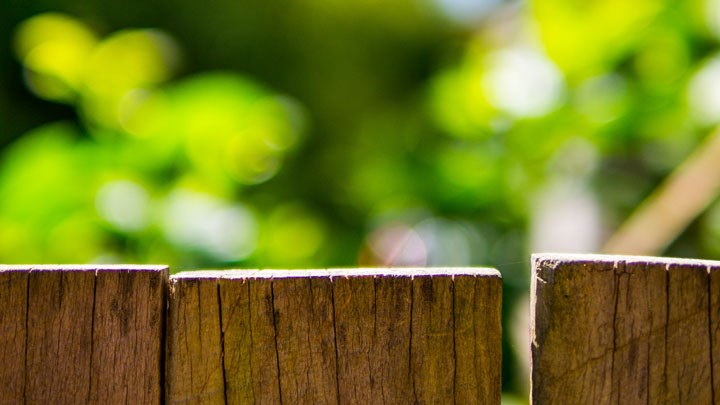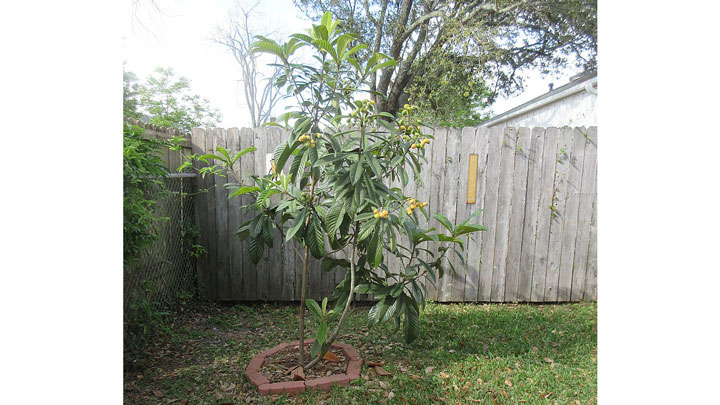
by Ron Spomer - Wednesday, April 22, 2020

A recent article about steeply declining participation in fishing and hunting by Vin T. Sparano, the former editor of Outdoor Life, reminded me of a depressing episode from my childhood. It informs the source of Sparano’s complaint.
When I was 5 or 6 years old, I served time in a suburban prison. I endured two days and a night of forced misery while my parents attended a church conference.
Prior to this incarceration, I’d grown up wild in a village that spanned three “city” blocks by four city blocks with pastures, wetlands and cornfields beyond. Cohorts and I walked to school and back, caught polliwogs from rainwater pools along the railroad tracks and seined minnows from the creek. In spring, we climbed elms to peer into bird nests, captured baby cottontails and played “army” in haylofts where barn swallows and pigeons nested in the rafters. At night, we poked the embers of campfires and watched them float up to join the galaxy of endless stars, watching for one to come shooting back.
Twice a year our moms scrubbed us presentable for our shopping trip to the city, a massive spread of buildings harboring 10,000 people, some of whom managed Sears, Montgomery Ward and J.C. Penney. Mom would scour the shelves for the best buys in new school clothes, which, according to her and all other moms, we outgrew almost as fast as we wore holes in the knees while digging worms, catching bass or snagging barbed wire fencing while following older cousins who were hunting rabbits.
To prevent premature destruction of the new raiment, we were under orders to come straight home from school and change into our old clothes. For the first five or six days of the fall school session, the novelty and texture of the new clothing aided our resolve. But, inevitably, irresistible attractions along the two-block route home would overwhelm our best intentions. No self-respecting school boy (nor most girls) would pass up the chance to poke into a freshly dug badger hole or scramble the length of a storm-toppled cottonwood.
Alas, one Friday I was torn from this rural idyll and deposited at a cousin’s suburban dwelling in an incomprehensibly vast megalopolis of 100,000—for an entire weekend. My prison consisted of a typical, blue-collar American house and a backyard exercise pen: a square of bluegrass enclosed by a wire fence in which stood one of those wimpy swing sets that rock out of the ground and almost tip over just when you get a respectable arc in your trajectory. Three or four pumps on that facsimile and I was scouring the rest of my constricted environment for something, anything stimulating. Let’s see, there was the cropped grass. And fence posts. Wire. No weeds. No climbable trees. No mud holes, pools, badger dens or rock piles. No cottontails. No birds. No salamanders. Not even a milkweed to break open and watch the milky sap ooze.

The fence looked climbable, but beyond it lay more exercise pens, the same green grass wastelands repeated down the block. So, what was the point? I was reduced to going into the house to play Chutes and Ladders with my vapid city cousins. I cried.
The human psyche, protective as it is, quickly painted a blank space over most of this traumatic event. But I retain a dark, depressing memory of deprivation and desolation that informs my opinion that we are depriving our children of their natural inheritance. We are sentencing them to a secondhand world of digital facsimiles of real discovery and real adventure.
Trim, crop, fence, tame and civilize all you want, but you can’t erase 2 million years of genetic inheritance. Or the need to exercise it. The human animal evolved in a seething world of life. And death. And struggle and misery and joy and discovery. We grew and evolved and thrived through the challenges—sometimes deadly—of negotiating our relationship with gravity, heat, cold, rain, insects, trees, flowers, rodents and birds. Prey. Predators. Food. Poison. We had to poke, prod, hunt, gather. Eat and be eaten. Ours was a rich, stimulating, challenging life in a world of endless discovery, endless possibilities that prompted, inspired and drove us to experiment, to test, to try, to risk, to grow. To evolve. And evolve we did. But to this? Fences. Concrete. Squares of cropped grass. And digital galaxies to mesmerize and placate the bereft.
Nature will roll on. Patient. Inexorable. Adaptable. Enduring. But without connecting with Her, without wearing holes in our jeans, without digging up worms, catching bass and tasting rabbits, will we?
E-mail your comments/questions about this site to:
[email protected]
